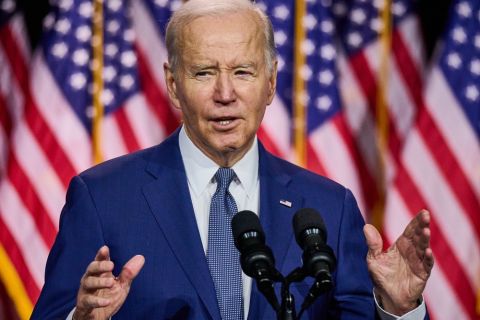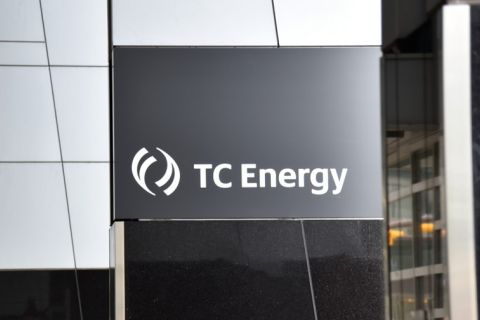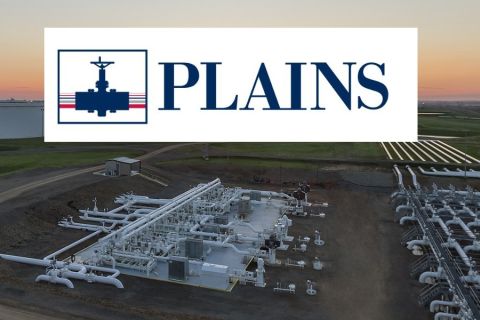There I was in Midland, Texas, a place about as remote from tidewater as it gets, when I overheard someone say “Jones Act” at Hart Energy’s 2017 Midstream Texas conference.
Why would someone in the semi-desert of the Permian Basin be interested in the nation’s cornerstone law regulating oceangoing commerce?
Exports—booming exports—are the answer, of course.
More and more of the crude oil and NGL flowing out of the Permian go to Texas ports for shipment abroad. And as the volume of exports grows, the convoluted rules set by the Jones Act become a bigger and bigger headache for the energy industry. Here is a classic case of something, seeming like a good idea at the time it was created, now creating the very problems it was designed to solve.
A little background: Properly titled The Merchant Marine Act of 1920, Congress passed the law to assure the U.S. would have an adequate, modern fleet of commercial vessels to support the Army and Navy in time of a future war.
This had been a big issue in both the Spanish-American War and World War I. History records Teddy Roosevelt and his Rough Riders cooled their heels on a Tampa, Fla., dock while officials frantically sought to charter vessels to take them to Cuba. The shortage meant the Rough Riders, a cavalry unit, ended up in Cuba without horses and the famous charge up San Juan Hill in actuality was an infantry operation.
Ditto when the nation entered World War I. The doughboys couldn’t get to Europe because of a shipping shortage.
So Congress passed the act, which takes its nickname from its sponsor, Sen. Wesley Jones of Washington state, to mandate a merchant marine built in U.S. shipyards and crewed by U.S. citizens. But the law also sets operating standards and work rules that today are antiquated. That greatly increases costs and prices U.S.-flagged vessels out of global commerce. Even with subsidies, American vessels can’t compete.
The law worked very well in World War II when the U.S. commercial fleet supported a two-front war despite extensive submarine warfare. The U.S. once boasted the largest merchant fleet in the world. In 1951, there were 1,288 trading vessels flying the Stars and Stripes from their sterns. Today, there are 81.
The effect of the Jones Act is that the nation now has a smaller merchant marine, not a bigger one.
“It’s a matter of national security,” Maritime Administration Chief Mark H. Buzby, a retired Navy rear admiral, told the McClatchy newspaper chain in a recent interview. “I tell people we’re kind of on the ragged edge here of our ability to conduct a large-scale sea-lift operation to move our combat forces overseas.”
The Jones Act also outlaws cabotage (rhymes with sabotage), which is the use of foreign-flagged vessels to move cargo or passengers between two domestic ports. That includes Puerto Rico, Guam, Alaska and Hawaii.
So pipeline-deficient Boston, which relies heavily on LNG for natural gas, has been forced to import LNG from as far away as Siberia. Legally it cannot take liquefied gas produced on the U.S. Gulf Coast because that would require a foreign-flagged vessel. There are no U.S.-built and crewed LNG tankers.
But there are entrenched forces that want the status quo to remain, fearing what few mariner jobs are left will be lost if the law changes. Sen. John McCain, R-Ariz., moved to repeal the law in 2015, but the bill went nowhere.
The result is that both U.S. commerce and the military suffer. Should we scuttle a 98-year-old law that actually causes the very problems it was designed to solve? Let’s look into it—we can do better.
The Jones Act may have been a step forward for the early 20th century, but now we need a step forward for the early 21st.
Paul Hart can be reached at pdhart@hartenergy.com or 713-260-6427.
Recommended Reading
Hess Midstream Announces 10 Million Share Secondary Offering
2024-02-07 - Global Infrastructure Partners, a Hess Midstream affiliate, will act as the selling shareholder and Hess Midstream will not receive proceeds from the public offering of shares.
EQT CEO: Biden's LNG Pause Mirrors Midstream ‘Playbook’ of Delay, Doubt
2024-02-06 - At a Congressional hearing, EQT CEO Toby Rice blasted the Biden administration and said the same tactics used to stifle pipeline construction—by introducing delays and uncertainty—appear to be behind President Joe Biden’s pause on LNG terminal permitting.
TC Energy’s Keystone Back Online After Temporary Service Halt
2024-03-10 - As Canada’s pipeline network runs full, producers are anxious for the Trans Mountain Expansion to come online.
Enbridge Announces $500MM Investment in Gulf Coast Facilities
2024-03-06 - Enbridge’s 2024 budget will go primarily towards crude export and storage, advancing plans that see continued growth in power generated by natural gas.
Plains All American Names Michelle Podavin Midstream Canada President
2024-03-05 - Michelle Podavin, who currently serves as senior vice president of NGL commercial assets for Plains Midstream Canada, will become president of the business unit in June.





